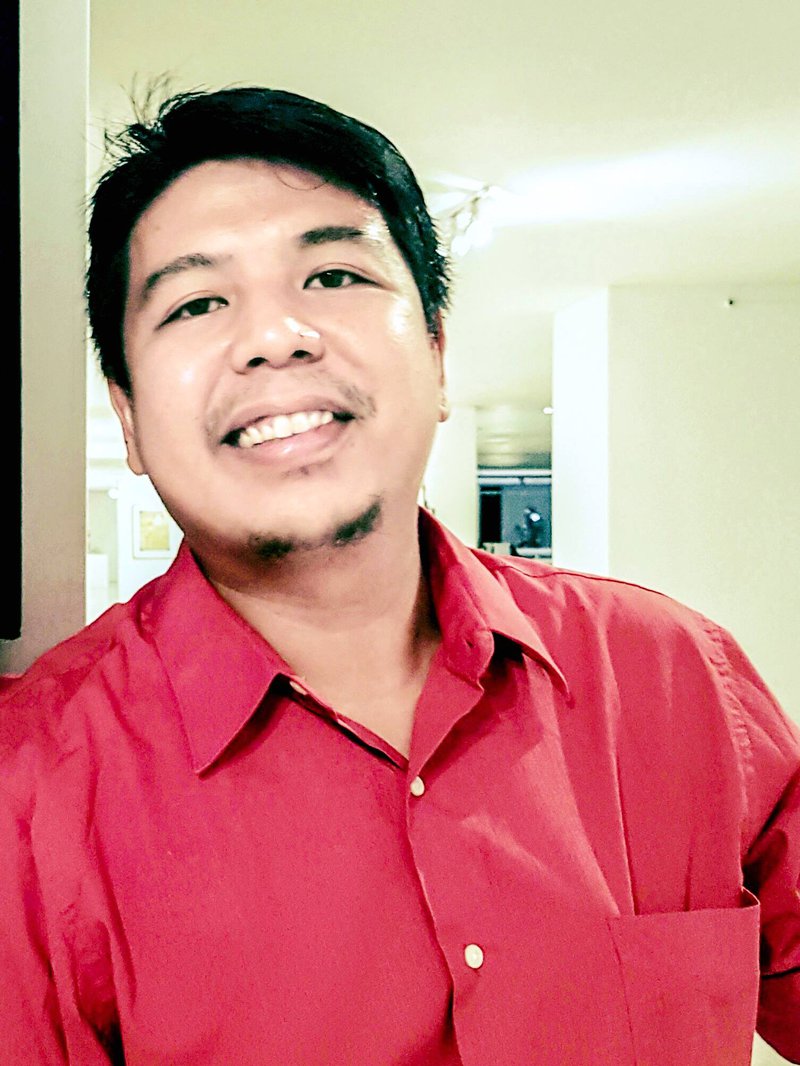Randel Urbano

The CIMAM 2016 Conference in Barcelona manifested the wide-ranging yet congruent concerns of museum professionals today. The talks signified the urgency to unify strengths and enact innovative social ideas for true change for, by and among whom the institutions serve. The conference is an attestation that the museum still plays a crucial role in shaping ways of life in times of conflict, misinformation and hypermedia.
The expositions by Blocher, Dagostino, Sorokina, Hudson and Amado resonated the scenes observable in my immediate environs, among metropolitan Filipinos living in archipelagic states of minds. I am encouraged to work in a more immersive manner with the audience of my home museum because of the speakers’ posture in making the audience as effective collaborators of the museum program. As we all still scuffle for the access of correct information and knowledge, the museum must always strive to be “ecumenical” as insisted by Ramírez in her presentation of continental archiving of American and Latino art. I gravitated towards Christov- Bakagriev’s “response-ability” and how this breaking down could make the word more efficient as we work inside and beyond the museum. She also articulated that when we localize too much, we lose the ‘worldliness’ and this resounded personal experiences in exhibition-making. “Response-ability” also seemed tangential to Chen’s ethnographic narratives of rituals and activities in several Chinese communities, as I assumed that he was proposing the intermingling (or reconciliation) of archiving with daily human experience.
I am very much thankful for the opportunity to attend through the travel grant endowed by Getty Foundation. Overwhelming motivation also sprung out from informal conversations among other respected participants, cultural thinkers and museum leaders as we toured different art spaces and social venues in Barcelona. I extend special thanks to the ever-reliable conference’s Executive Office as the anecdote of my visa refusal and eventual approval gave my first CIMAM involvement a bittersweet tang, nonetheless a fruitful travail. The experience encourages me to continue learning the art, culture and science of ‘working for the arts’ through and beyond difficult contemporary conditions.